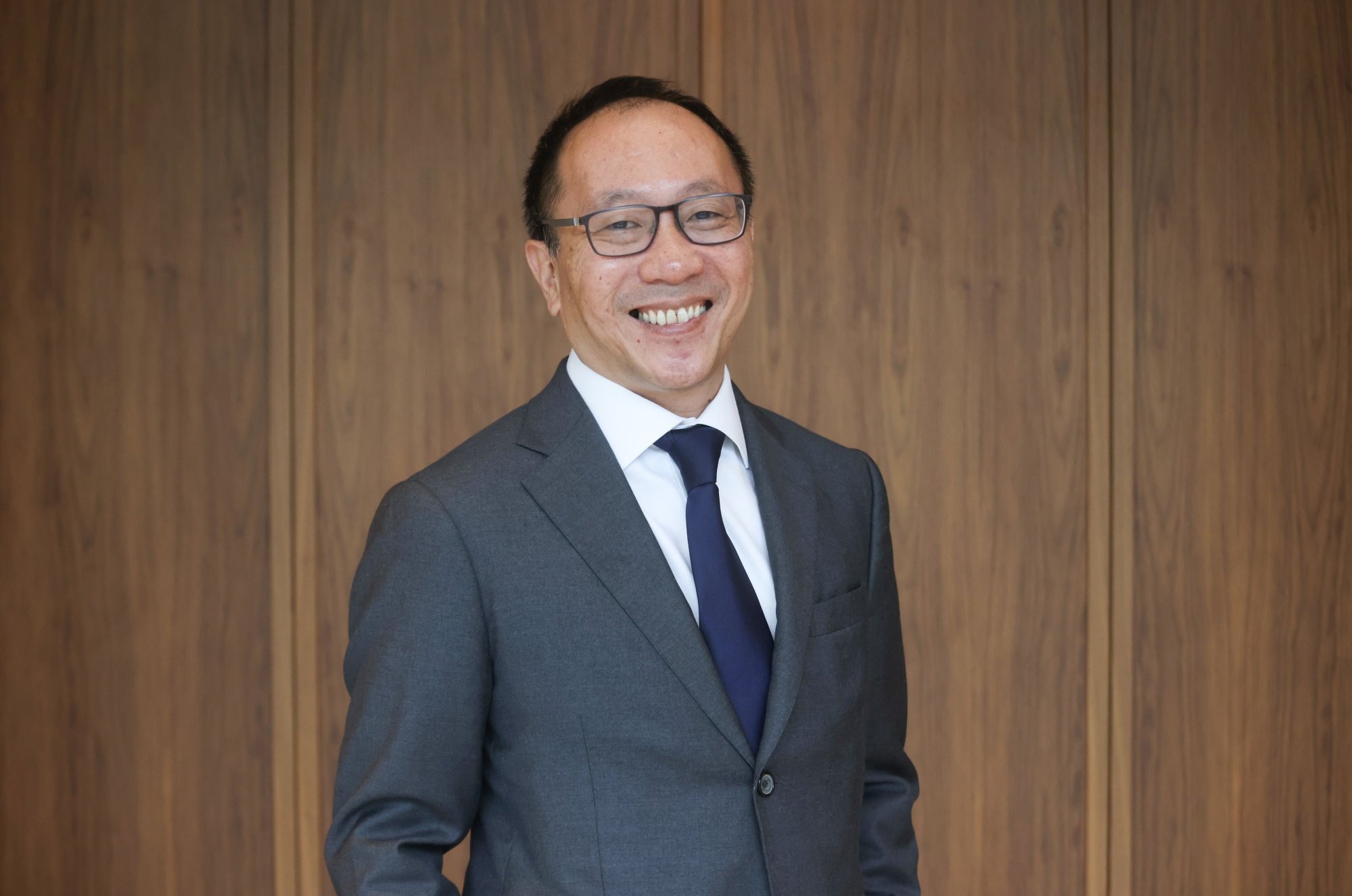
HSBC woos Asia’s ultra-rich to set up family offices in Hong Kong with suite of digital and wealth planning services
- Many ultra-high-net-worth customers from mainland China, Asean and the Middle East are keen to set up family offices in Hong Kong, HSBC’s Lok Yim says
- HSBC’s invested assets from private bank customers in Asia rose 18 per cent year on year to US$166 billion as of end-2023
HSBC, Hong Kong’s biggest lender, plans to increase the visibility of its family office and digital banking services to attract ultra-high-net-worth clients to its private banking unit, according to a senior executive.
“We have seen a strong growth in ultra-high-net-worth customers in the Asia-Pacific region, particularly in mainland China, India, Indonesia, the Philippines and Australia in recent years, who demand wealth management services,” said Lok Yim, the newly appointed head of HSBC global private banking in Asia-Pacific.
To tap these clients, HSBC will offer a suite of digital solutions to support relationship managers to better serve tech-savvy customers round the clock, Yim said. The bank will also provide investment and wealth planning services for wealthy families and individuals to set up family offices in Hong Kong.
Ultra-high-net-worth individuals have a net worth of at least US$30 million.

“Many ultra-high-net-worth individuals and families in mainland China, Asean and the Middle East have been showing strong interest in setting up family offices in Hong Kong after the government offered a wide range of incentives and promotions to entice them,” he said.
“Hong Kong is a natural choice for ultra-high net worth customers to set up family offices to diversify their investment portfolio, for succession planning and conducting philanthropy work to pass on their families’ legacy.”
Hong Kong also has a big talent pool, Yim added.
The government launched the Capital Investment Entrant Scheme on March 1, commonly known as the investment-migration scheme, offering a faster route to residency for people who invest at least HK$30 million (US$3.84 million) in stocks, bonds or other assets, excluding residential property.
This was preceded by a tax break in May and a slew of roadshows by top government officials in Asia and Middle East last year to entice wealthy families to set up family offices in the city.
Chief Executive John Lee Ka-chiu, in October 2022, set a target to have at least 200 new large family offices set up in the city by 2025, to add to the nearly 400 firms already here.
Asian ultra-high-net-worth customers have been the main contributors to the growth of HSBC’s private banking business. HSBC’s invested assets from private banking customers in Asia rose 18 per cent year on year to US$166 billion as of end of 2023, with ultra-high-net-worth customers contributing half.
Hong Kong picks financier to head city’s effort to woo family offices
Yim, a private banker with more than 30 years’ experience, took over the current role from the outgoing Siew Meng Tan in January. Yim joined HSBC from Deutsche Bank where he spent 16 years, most recently as CEO of Hong Kong. He also held senior roles at Citigroup and has a master’s degree in arts from University of Cambridge.
On whether the underperforming stocks markets in Hong Kong and mainland China would affect the city’s role as a wealth management hub, Yim said diversification is the key to success.
“Wealthy customers can still use the city to invest in international markets and diversify their portfolio,” he said.
“They not only need investment services, but also require HSBC’s corporate banking and retail banking services for their businesses, children’s education and other needs.”


